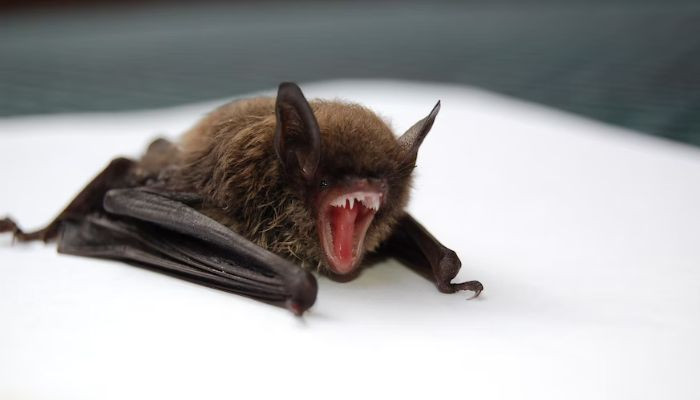In order to create methods of anticipating where and when the next pandemic may emerge, researchers from all around the world are working together to understand what causes infectious diseases to spread from animals to people.
A 2021 study found that 60% to 70% of infectious diseases affecting people now have their origins in wild animals. Some researchers think the COVID-19 pandemic was caused by the SARS-CoV-2 virus spreading from bats to people, a condition known as “zoonotic spillover”.
Since the pandemic began, scientists have worked harder to completely comprehend how viruses from wild animals spread to people.
The stresses caused by human interference with wildlife habitats, according to some experts, may contribute to the occurrence of zoonotic spillover. For instance, a 2022 study that appeared in the journal Nature revealed that the likelihood of spillover is increased by habitat loss and climate change.
Currently, a team of 70 scientists from seven different nations is working to understand how and when bats transfer viruses in order to maybe foresee when and where the next potentially lethal virus will spread to people. Raina Plowright, a disease ecologist and co-author of the Nature study as well as a subsequent work published in Ecology Letters, created a project called BatOneHealth with the goal of better understanding bat-to-human virus transmission through a number of important studies, reported Health News.
These efforts include fieldwork with bats in hotspots around the world, knowledge of bat immune systems and behaviours, identification of human-infecting viruses, and modelling of virus dynamics. In order to stop zoonotic spillover, they are also investigating habitat restoration techniques.
Research is concentrated on coronaviruses, Nipah, and Hendra viruses that are spread by bats.
The research was conducted at Montana State University, Cary Institute, Cornell University, Johns Hopkins, Penn State, Rocky Mountain Lab, Texas Tech, UC Berkeley, UC Los Angeles, and Colorado State, among other American universities, a report by the outlet said.
Agnieszka Rynda-Apple, a member of the BatOneHealth team and an immunologist at Montana State University, wants to speed up the research being done in her lab by establishing a breeding colony of Jamaican fruit bats this winter. Investigating the effect nutritional stress has on viral load — the quantity of virus a bat has in its system — is one of the team’s objectives.
The bat breeding colony will aid in the expansion of similar trials that Rynda-Apple and her team are already conducting.
The global BatOneHealth team ultimately hopes that their research will contribute to the creation of plans to safeguard people, animals, and ecosystems from newly emerging infectious diseases brought on by zoonotic infections.















































